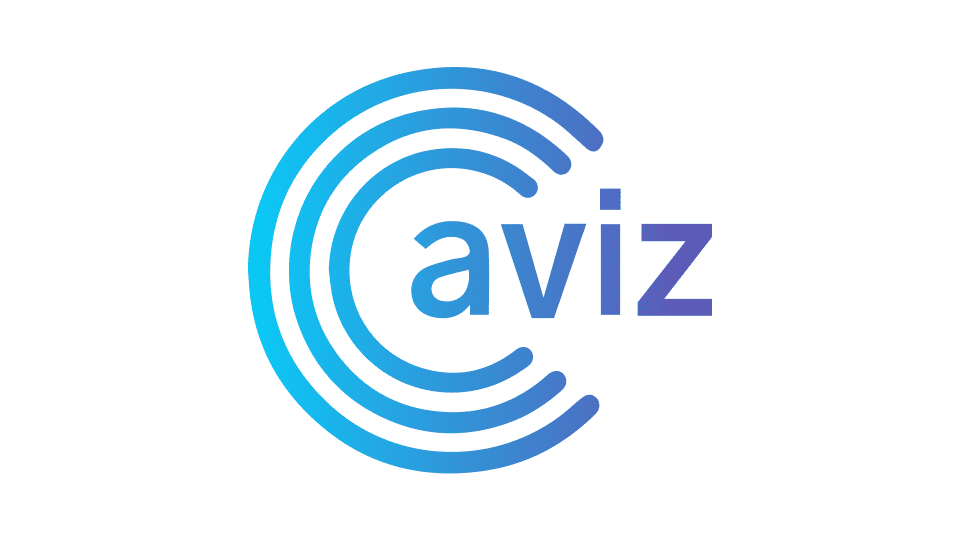Aviz Networks is the go-to company for SONiC (Software for Open Networking in the Cloud) Adoption and Networking 3.0. Their flagship product, ONES (Open Networking Enterprise Suite enables enterprises to consume any SONiC while having the same experience as they would get from their existing networks. Due to the tactical advantage it provides, SONiC is also an answer to solving supply chain issues.
SONiC is defined by Microsoft as: “a uniquely extensible platform, with a large and growing ecosystem of hardware and software partners, that offers multiple switching platforms and various software components.” SONiC has gained immense popularity in recent years as “the first solution to break monolithic switch software into multiple containerized components,” which enables in-service upgrades and fine-grained failure recovery with no downtime.
“Customer-driven, open-source software has sticking power,” says Vishal Shukla, the company’s co-founder. “We see this time and time again. Like Kubernetes from Google, Kafka from LinkedIn, and Pytorch from Meta, SONiC has DNA that guarantees it will be in use for a long time to come.”
The team behind Aviz Networks
The team at Aviz Networks joined the SONiC community in 2019 to work with ecosystem players and explore the nuances of SONiC. Their mission was to explore and create solutions that accelerate SONiC adoption in the non-hyperscaler space while providing the same cost savings, control, and choices as hyperscalers. The company calls this solution the Networking 3.0 stack, which works on any ASIC, switch, NOS, and cloud.
Aviz Networks boasts an experienced team of co-founders:
- Vishal Shukla is a networking veteran with 18 years of experience who has led teams at Cisco, IBM, Mellanox (NVIDIA), and MobileIron — where he helped ship hardware, software, and SaaS products — which spans across ASIC level to AI-based applications. Solving high-value problems is his passion, and he has over 30 patents along with the first book written for SDN. His diverse experience gives him the thought process to make the industry’s first open-, cloud-, and AI-first networking stack. The Idea for Aviz came in when he was at Mellanox (NVIDIA) when most of the customers asked for the same experience as Mellanox was providing to Microsoft for SONiC.
- Chidambaram Perumal, with over 18 years of experience gained from making NOS repeatedly across different architectures in his career for companies like IBM, Lenovo, and Blade Networks, knows precisely what (and what not) to do when it comes to making a NOS from both the technology and business side. He later joined AWS where he built a cost-effective, scalable, and real-time network data lake for analytics improving network availability, the performance of AWS network infrastructure, and proactively detecting failures. He now has over 25 patents filed that each solves unique problems for customers.
- Gautam Agrawal is a refreshing and much-needed addition to the networking industry, serving as the bridge between networking and data. With a Data Analytics Ph.D. from SUNY-Buffalo, he knows how to convert data into useful information. Previously, he helped build an open-source JavaScript framework at Sencha with a community of over 3 million developers, delivering Web 2.0 applications to over 10,000 global enterprises. He also led products at Shape security (now owned by F5 Networks) and Confulera, where he built security solutions for detecting and intercepting attacks, utilizing AI/ML models on top of a security data lake. At Aviz, he is replicating his data expertise from security in networking.
Aviz Networks’ vision for SONiC and Networking 3.0
Aviz Networks is building Networking 3.0, which Shukla says can be explained as a comprehensive and inclusive stack that is built to be infrastructure agnostic (Cloud or On-prem), while abstract hardware or cloud nuances come with networking. Shukla says that it will bring customers more choice, control, and savings across the board.
After receiving funding in 2022, the company quickly created a full stack around SONiC to realize the points mentioned above — essentially building the missing pieces on top of what Microsoft created. It already boasts several Fortune 500 customers in various verticals that have validated the stack, strengthening the replicable recipe for both enterprises and hybrid customers.
Aviz’s flagship open networking platform, ONES, runs on any distribution of SONiC, but targets the brownfield proprietary NOSes as well. According to Shukla, “SONiC will co-exist with traditional network operating systems. Traditional NOS has an end-to-end stack, but SONiC does not. While solving customers’ problems, it also creates an open networks data lake for control plane data, which is open-, cloud-, and AI-first. ONES is the first to provide an end-to-end stack for SONiC in a comprehensive and inclusive manner by supporting any version of SONIC on any underlying hardware.”
With solid traction from customers, the startup deployed products within six months of its seed funding. The team’s vision is to create an enterprise-grade, open networking stack which can accelerate SONiC deployments and extend the networking ecosystem into system cloud-native applications.
SONiC has a bright future. It is already deployed in almost all hyperscalers; Microsoft Azure, Alibaba, Tencent, Baidu, Google, and Meta have joined the board. Its cutting-edge technology employs microservices-based architecture far more capable than traditional network operating systems. SONiC has amassed a large ecosystem of developers not only in the community but also within a majority of Switch/ASIC vendors embracing the technology due to sheer customer demand.
Recent announcements from various telecom, retail, and banking institutions reveal that the technology is seeping into traditional enterprise deployments. This vibrant community supports over 150 switches, and Gartner suggests that 40% of the data center market will soon migrate to SONiC. Furthermore, 650 Group predicts that SONiC’s market will grow to $5 billion, and 80% of the deployed switches in the data center will be SONiC capable.
“This is the first time in the networking industry that an open-source NOS has been well accepted by vendors, customers, and the infra ecosystem,” remarks Shukla. “It is readily adopted because it enables customers to control their infrastructure, offers them more choices, and provides them with massive cost savings.”
Aviz Networks’ future in SONiC
With 650 Group’s projections for the market equating to roughly $5 billion, the future of SONiC seems bright. Gartner says that 40% of data centers will be SONiC by 2025. The strategy from Aviz Networks to include a hybrid cloud is a smart move as it will give them access to brownfield environments.
Like any open-source project, SONiC’s deployment is an evolution. In-house engineers create a stack around it that can handle an end-to-end journey from technology inception, to usage, to data harnessing. Currently, SONiC lacks the stack that can normalize the nuances of open source-based solutions and deliver user-friendly experiences in orchestration, monitoring, and enterprise-grade support for the entire ecosystem in a unified way.
“Microsoft has made an amazing open-source networking ecosystem,” acknowledges Shukla, “but in order to push it to enterprises who don’t have a massive engineering team, they need a player who joins the game with a neutral mindset and enables end-to-end consumption. That’s what we do at Aviz Networks.”



































